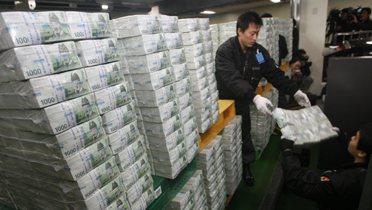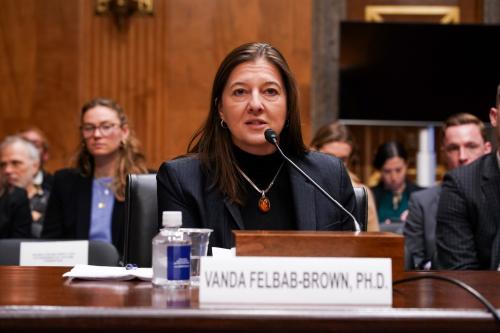Threats to American society are relentless and Americans’ concerns about their security are endless. Despite the efforts of the U.S. and other governments to root them out, criminal elements remain in every dark niche of society and just fluctuate in accordance with the changes of social and economic environments surrounding them, posing various and evolving threats.
Criminal organizations are like cancer cells, which emerge by taking advantage of imbalances in our bodies, grow by absorbing nutrition and oxygen supplied through blood arteries, and encroach on the function of normal cells. Likewise, criminal organizations grow everywhere social control is weakened and criminogenic opportunities (those which can lead to criminal activity) are perceived to exist; many take advantage of legitimate functions and transactions. No matter how many criminals, from ringleaders to street thugs, are removed from society, as long as lucrative criminogenic opportunities exit, crimes keep occurring and gouging into the flesh of American society. In response to these chronic threats, like surgeons dealing with cancers, the U.S. government seeks not only to dismantle structures of criminal organizations by arresting criminals but also to cut financial arteries to prevent criminal organizations from being nourished and having motivation for engaging in crime in the future. Anti-money laundering (AML) policies are the main ways that governments seek to disrupt the flows of cash on which criminal organizations thrive.



